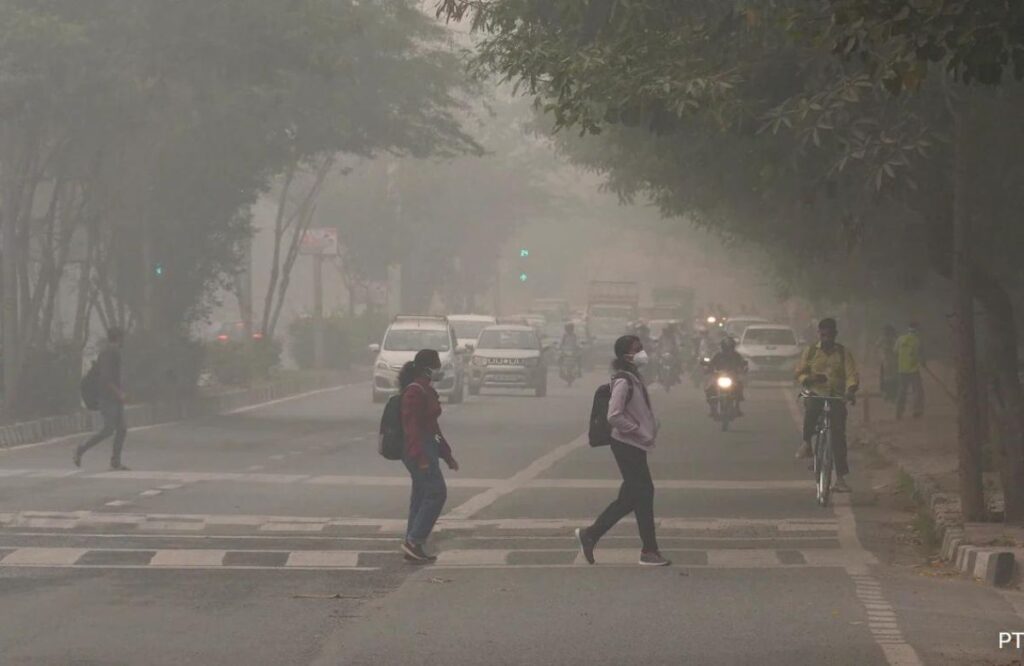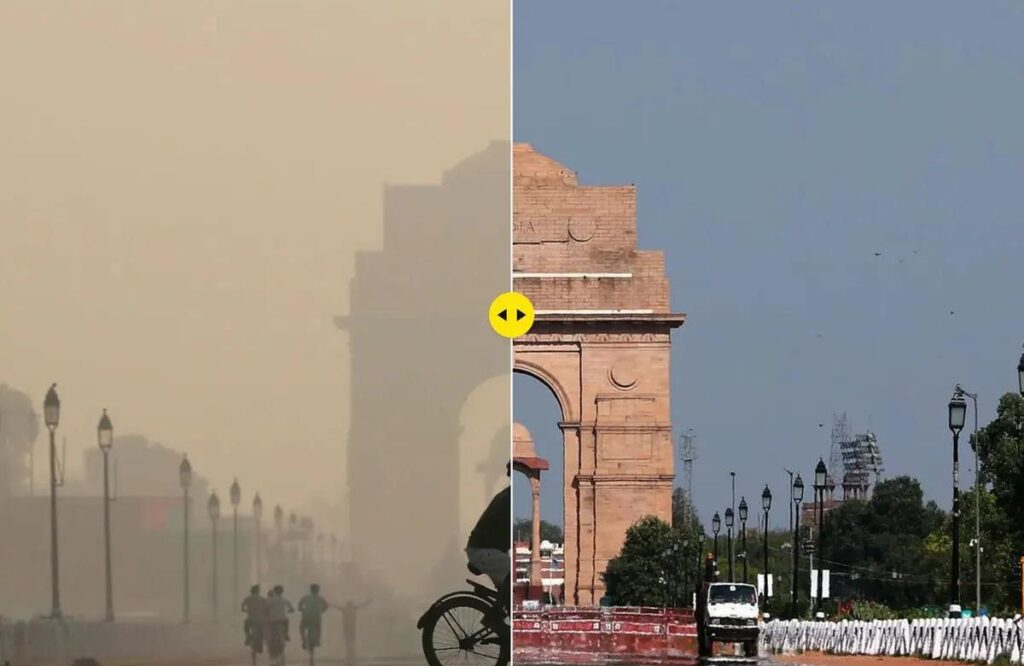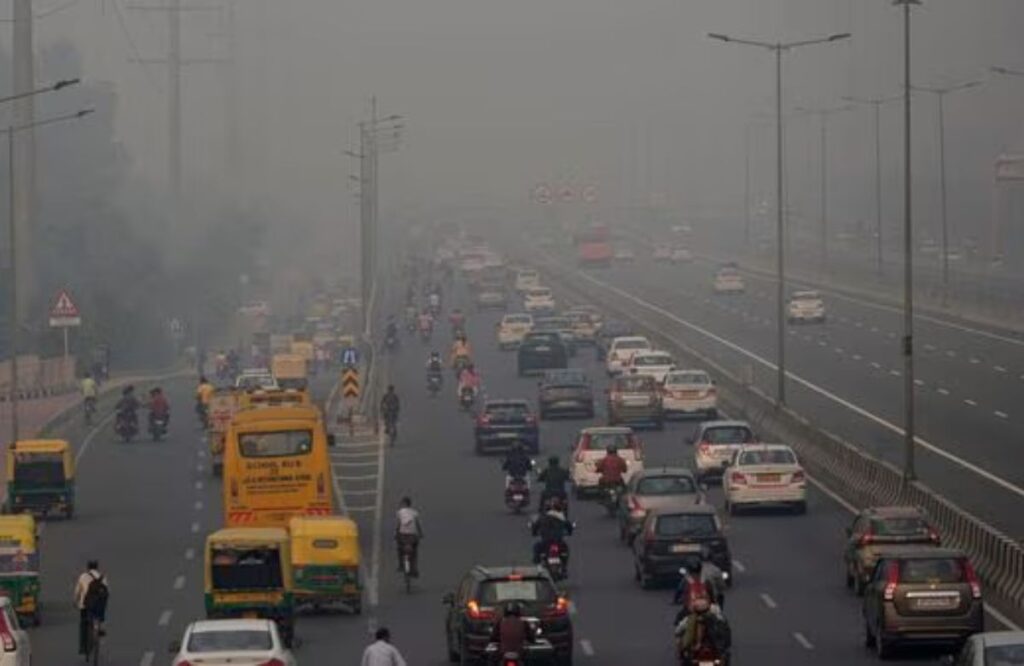Introduction
Delhi, the vibrant heart of India, is facing an environmental crisis that has severe implications for its residents, especially the younger generation. The city’s battle against pollution has escalated to a point where drastic measures, such as the closure of schools, have become a necessity. In this article, we delve deeper into the escalating pollution crisis in Delhi, exploring its causes, consequences, and the urgent need for sustainable solutions to safeguard the health and well-being of the city’s children.
The Alarming Air Quality Crisis
Delhi’s air quality crisis has reached alarming proportions, with the city frequently enveloped in a thick blanket of smog. The city’s Air Quality Index (AQI) often surpasses hazardous levels, leading to a host of health issues, particularly for children. The primary culprits behind this crisis include vehicular emissions, industrial pollution, construction activities, and agricultural burning in the neighboring states. These factors, exacerbated by adverse weather conditions, create a toxic concoction that poses serious health risks, especially for young, developing lungs.

Schools Shut Down: A Drastic Measure
The closure of schools in Delhi is a direct response to the escalating pollution levels, aiming to protect children from the harmful effects of breathing polluted air. With research linking exposure to high levels of air pollution to respiratory diseases, developmental issues, and reduced cognitive abilities in children, the decision to shut down schools becomes a vital step in safeguarding their health. While this measure is necessary, it also highlights the severity of the situation and the need for comprehensive, long-term solutions.
Impact on Education and Well-being
The closure of schools due to pollution not only disrupts the educational system but also has far-reaching implications for children’s well-being. Academic schedules are disrupted, leading to missed classroom time and increased stress levels among students, parents, and educators. Beyond academics, the lack of outdoor activities affects children’s physical fitness, social interactions, and overall mental health. Additionally, parents face the challenge of balancing work responsibilities with childcare during school closures, adding to the strain on families.

The Need for Sustainable Solutions
Addressing Delhi’s pollution crisis requires a multi-faceted approach that combines short-term interventions with long-term, sustainable solutions. Immediate measures such as enforcing stricter vehicular emission norms, regulating construction activities, promoting the use of public transportation, and controlling industrial emissions can help mitigate the crisis. Additionally, efforts to curb stubble burning in neighboring states and the promotion of green spaces within the city can significantly contribute to reducing pollution levels.
The Role of Education and Advocacy
Education plays a pivotal role in addressing the pollution crisis. Schools can incorporate environmental education into their curriculum, raising awareness about the causes and consequences of pollution. By educating children about the importance of clean air and sustainable practices, schools can empower future generations to become environmental stewards. Moreover, young students can actively participate in advocacy efforts, urging policymakers to implement stricter regulations and invest in cleaner technologies.

Conclusion: A Call to Action
The closure of schools in Delhi due to pollution serves as a stark reminder of the urgent need for collective action. Government bodies, environmental agencies, educational institutions, and citizens must work together to find lasting solutions to the pollution crisis. By implementing stringent policies, investing in green technologies, and raising awareness about sustainable practices, Delhi can pave the way for cleaner air, healthier citizens, and a brighter future for its children. The time to act is now, and by joining forces, we can ensure that the next generation breathes air that nurtures, rather than harms, their potential.








